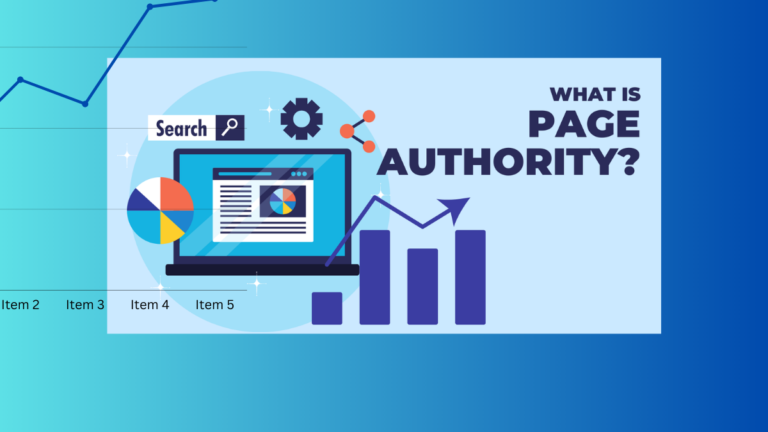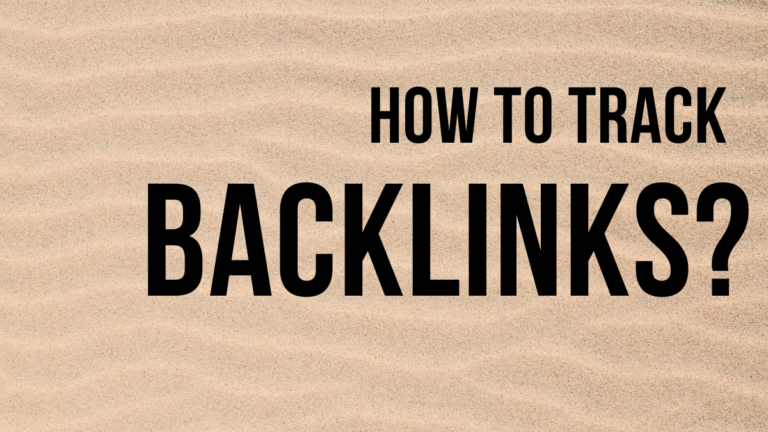What Are Keywords In SEO?
Are you struggling to crack the code of search engine optimization (SEO)? Well, look no further! In today’s digital era, keywords hold the key to unlocking your website’s success. Whether you’re a seasoned SEO expert or just starting out, understanding what keywords are and how they impact your online presence is crucial.
So, let’s dive into the world of SEO and discover why mastering keywords can skyrocket your website traffic and boost your visibility in search engine rankings. Buckle up as we unravel the secrets behind these powerful little words that have the potential to revolutionize your online strategy!
Table of Contents
Meaning Of Keywords in SEO
In SEO, keywords are the words and phrases that searchers enter into search engines to find what they’re looking for. On the results page, the search engine displays websites that it deems relevant to the searcher’s query.
Relevance is determined by a number of factors, but keyword usage is one of the most important. If a website uses the same keywords as the searcher’s query, it has a better chance of being displayed on the results page.
Keywords can be incorporated into a website in a number of ways, including:
- Page titles
- Meta tags
- Headings and subheadings
- Body content
- Image alt text
- Anchor text (the text used in links)
Including relevant keywords throughout a website helps search engines understand what the site is about and improve its ranking for those keywords. However, it’s important to use keywords sparingly and naturally. Stuffing a website with too many keywords will not only make it less readable for visitors, but can also result in penalties from search engines.
How to Find the Right Keywords for Your Website?
- There are a few things to keep in mind What Are Keywords In SEO? When choosing keywords for your website. First, consider your audience. What words or phrases would they use to search for your content? Make a list of these potential keywords and phrases.
- Next, consider your competition. What words or phrases are they using to optimize their site for search engines? You’ll want to choose keywords that are less competitive, or at least ones that you can rank for easily. Use a tool like Google’s Keyword Planner to research keyword difficulty and get ideas for other potential keywords to target.
- Once you have a list of potential keywords, it’s time to start testing them out. Add them to your site’s content and see how they perform in terms of search engine ranking and traffic. Experiment with different combinations of keywords to find what works best for your site.
Why Do You Need Keywords in SEO?
Search engine optimization (SEO) is the process of improving the visibility and ranking of a website or web page in search engine results pages (SERPs). SEO is done by optimizing the website content, structure, and on-page elements like titles, metatags, and anchor text.
One of the most important aspects of SEO is keyword research and selection. Keywords are the terms or phrases that users enter into search engines to find what they are looking for. For example, if you were looking for information on starting a blog, you might enter the keyword “how to start a blog” into a search engine.
The purpose of keyword research is to find the keywords that people are actually searching for, and then optimize your website around those keywords. This is important because it allows you to focus your SEO efforts on the terms that are most relevant to your business and most likely to result in conversions.
There are a number of different ways to do keyword research, but some of the most popular methods include using keyword research tools like Google AdWords, Keyword Planner and Moz Keyword Explorer, as well as conducting customer surveys and doing competitor analysis.
Once you’ve selected the keywords you want to target, there are a number of different ways to integrate them into your website. This includes using them in your page titles and meta tags, as well as throughout the body of your content. It’s important to use them naturally and not stuff them into your content, as this can negatively affect your SEO efforts.
Tips for Choosing Effective Keywords
- Make a list of all the terms and phrases that are relevant to your business or website.
- Identify which of those terms are being used most frequently by your target audience.
- Research the competition to see which keywords they are targeting.
- Select keywords that are most likely to convert visitors into customers or leads.
- Test different keywords and track your results to see which ones perform the best.
What Are Long Tail Keywords and How to Use Them?

- Long tail keywords are simply keywords that are more specific and usually longer than the average keyword. They are usually 3-5 words long and very targeted. For example, if you are a jewelry store, your long tail keywords could be “handcrafted sterling silver rings” or “unique engagement rings.”
- Using long tail keywords is a great way to target your audience more specifically and attract high quality traffic to your website. When used correctly, they can also help you rank higher in search engine results pages (SERPs).
- To find long tail keywords, you can use keyword research tools like Google AdWords Keyword Planner or Moz Keyword Explorer. Once you have a list of potential keywords, you can start incorporating them into your website content, titles, tags, and descriptions.
How to Optimize Your Site Using Keywords?
When it comes to optimizing your site for keywords, there are a few things you need to keep in mind. First, you need to make sure that your keywords are relevant to your site and content. Secondly, you want to use keywords that are popular and have high search volume. And lastly, you want to make sure that your keywords are placed strategically throughout your site.
Here are a few tips on how to optimize your site using keywords:
- Do your research – Before you start adding keywords to your site, it’s important to do your research and find the right ones. There are a number of tools available that can help you with this, such as Google AdWords Keyword Planner and Google Trends.
- Use relevant keywords – As mentioned above, it’s important to use keywords that are relevant to your site and content. This will help ensure that your website is found by people who are actually interested in what you have to offer.
- Use popular keywords – Another important factor to consider is the popularity of the keywords you’re using. You want to choose keywords that have high search volume so that more people will see your website when they search for those terms.
- Place keywords strategically – Once you’ve chosen the right keywords, it’s important to place them strategically throughout your website. This includes both the text on your website as well as the tags and titles of your pages.
By following these tips, you can optimize your site using keywords and ensure that it is seen by more people.
Conclusion
In conclusion, keywords are essential for any website looking to rank higher in search engine results. Knowing which words and phrases your target audience is searching for will allow you to optimize your content accordingly, helping you reach the right people with the right message. Furthermore, understanding keyword research and incorporating it into your SEO strategy can help increase organic traffic as well as improve conversions on your site. With a little effort and time spent researching keywords, you can ensure that both users and search engines alike have an easy time finding what they need on your website.






